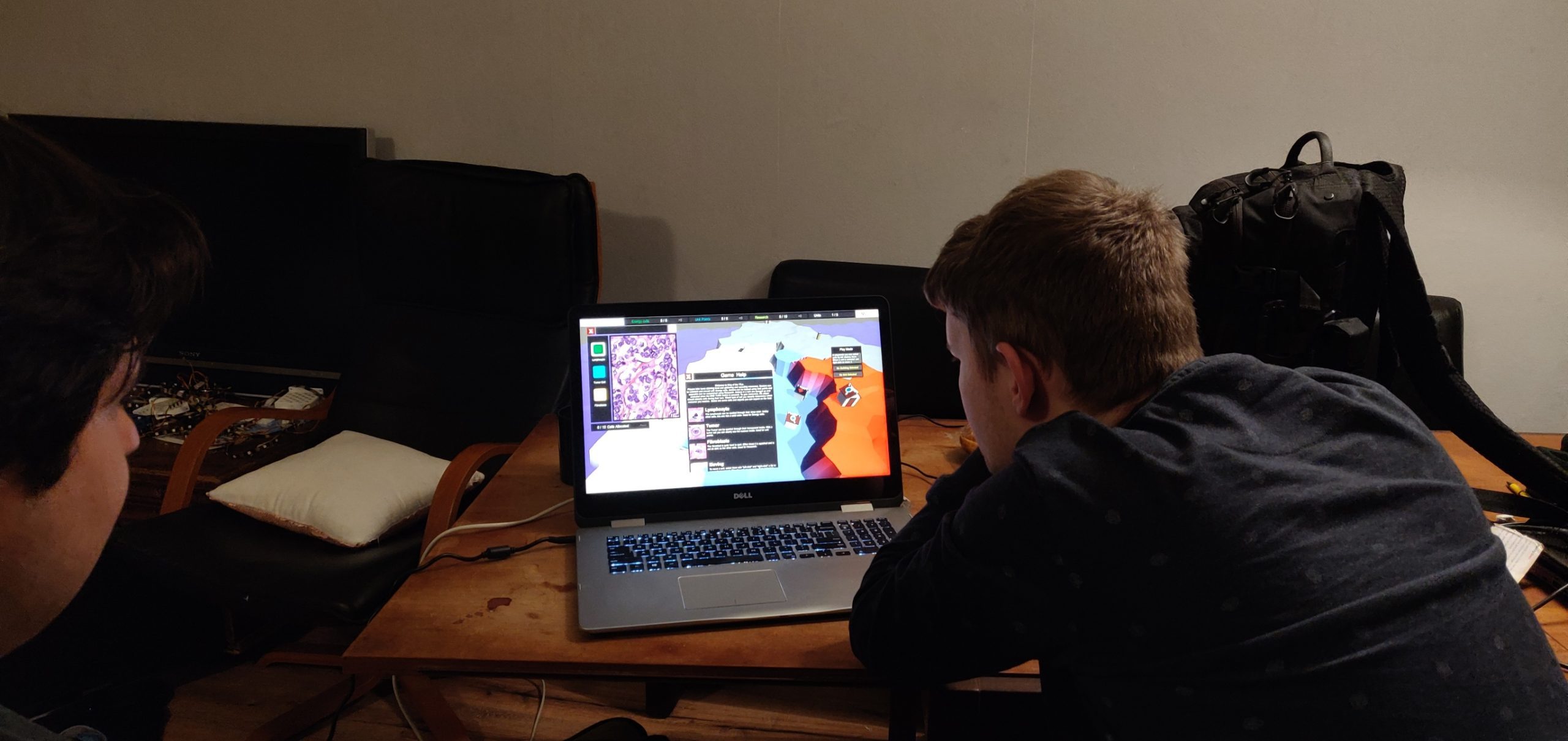Rafael Bidarra has been teaching the interdisciplinary Serious Games master course for over 10 years, and this year with Mijael Bueno. But this was the first time ever that student teams didn’t physically meet, and that the complete course took place online. The quality hasn’t suffered, Bidarra remarks. He is impressed with the games’ graphics and storylines, and with the creative solutions that the students have developed. The only thing he did worry about was the students’ screen time. “It’s insane to spend so much time online.”
Most of the 30 students came from the EEMCS Faculty, four from the TPM Faculty and one from the Science Education & Communication master (Applied Sciences). This is what they’ve developed in the second quarter.


